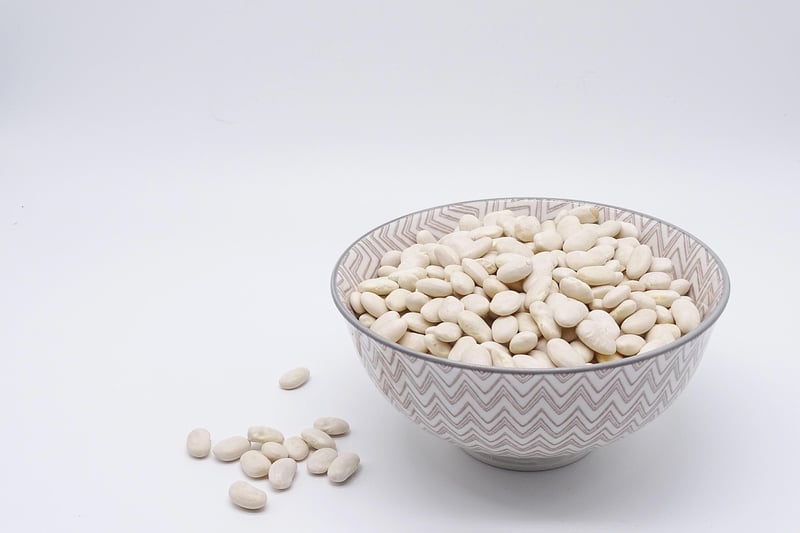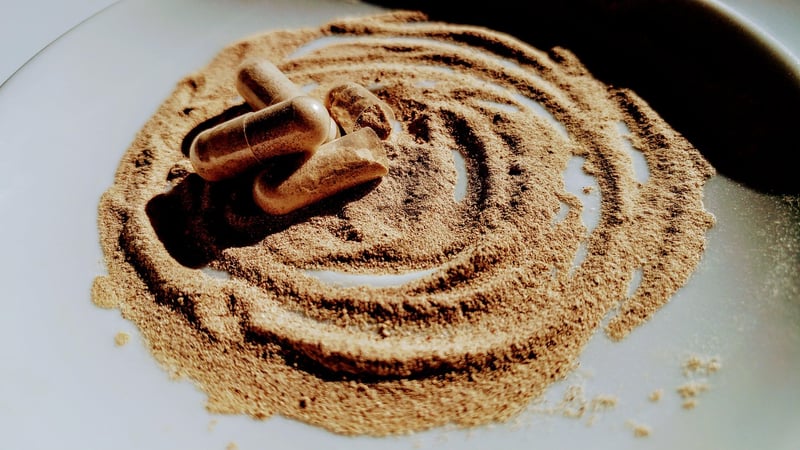Plant-based Alternatives
Key Components of a Plant-Based Diet
Switching to a plant-based diet has gained popularity in recent years due to its numerous health benefits and positive impact on the environment. If you are considering adopting a plant-based lifestyle, here are the key components you should be aware of:
1. Fruits and Vegetables
Rich in vitamins, minerals, and antioxidants, fruits and vegetables should form the foundation of your plant-based diet. Aim to include a variety of colors to ensure you get a wide range of nutrients.
2. Whole Grains
Whole grains like quinoa, brown rice, oats, and whole wheat provide essential fiber, B vitamins, and minerals. They help keep you full and provide sustained energy throughout the day.
3. Legumes and Pulses
Beans, lentils, chickpeas, and other legumes are excellent sources of plant-based protein, fiber, and iron. They can be used in various dishes like soups, salads, and stews.
4. Nuts and Seeds
Rich in healthy fats, protein, and micronutrients, nuts and seeds make for a great snack or addition to meals. They can be sprinkled on salads, blended into smoothies, or enjoyed on their own.
5. Plant-Based Proteins
For those who prefer meat alternatives, there are a variety of plant-based proteins available such as tofu, tempeh, seitan, and plant-based meat substitutes. These options provide a satisfying alternative to animal products.
Plant-Based Alternatives
If you are looking for alternatives to common animal-based products, here are some plant-based options you can incorporate into your diet:
- Milk: Replace cow's milk with almond milk, soy milk, oat milk, or coconut milk.
- Cheese: Try dairy-free alternatives like cashew cheese, almond cheese, or soy-based cheese.
- Meat: Experiment with plant-based meat substitutes made from soy, pea protein, or mushrooms.
- Eggs: Use flaxseed meal, chia seeds, or tofu as egg replacers in baking and cooking.
- Butter: Opt for vegan butter made from coconut oil or plant-based margarine.
By incorporating these key components and plant-based alternatives into your diet, you can enjoy a healthy and sustainable way of eating that benefits both your health and the planet.


